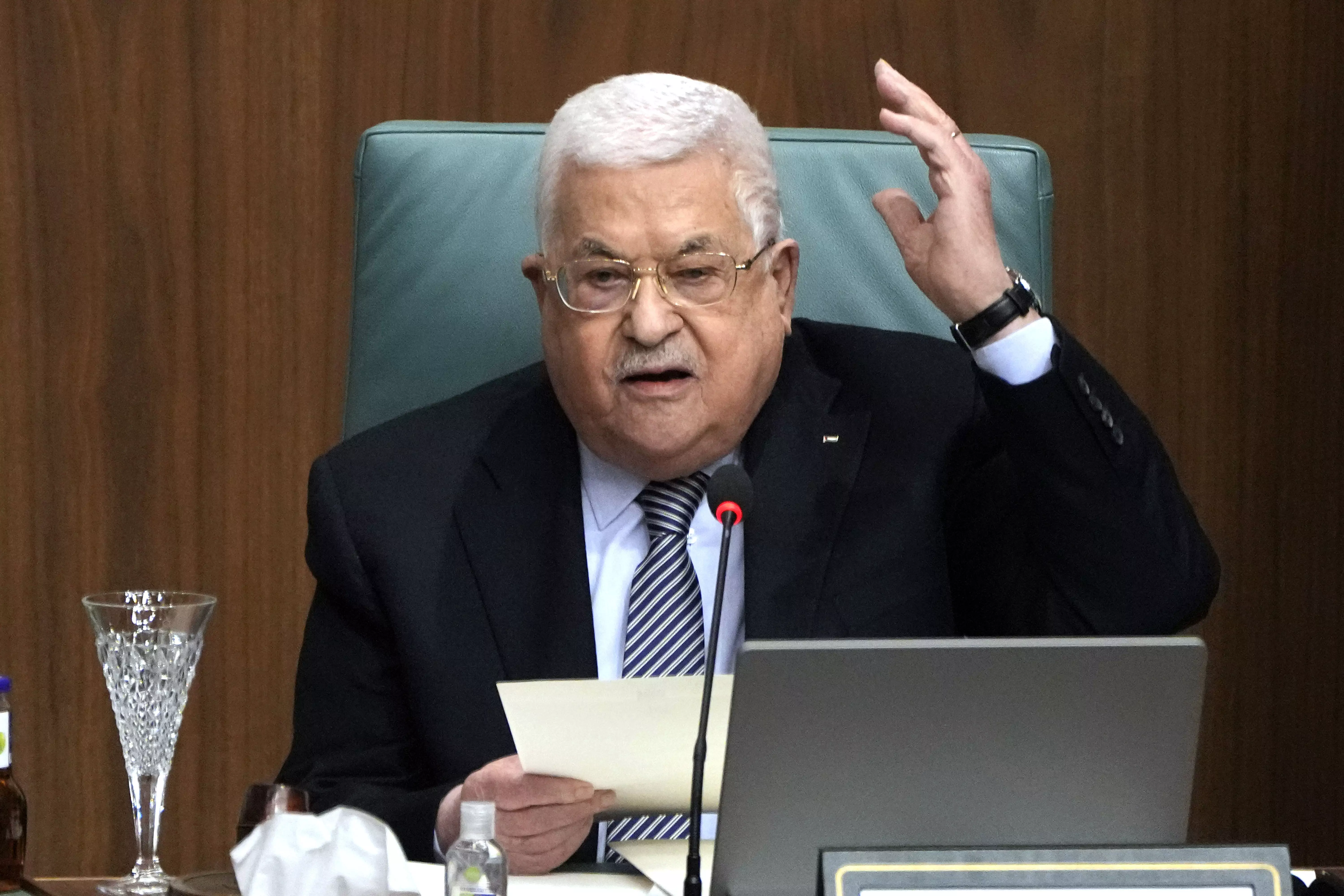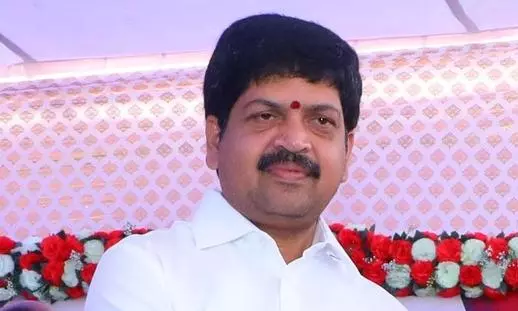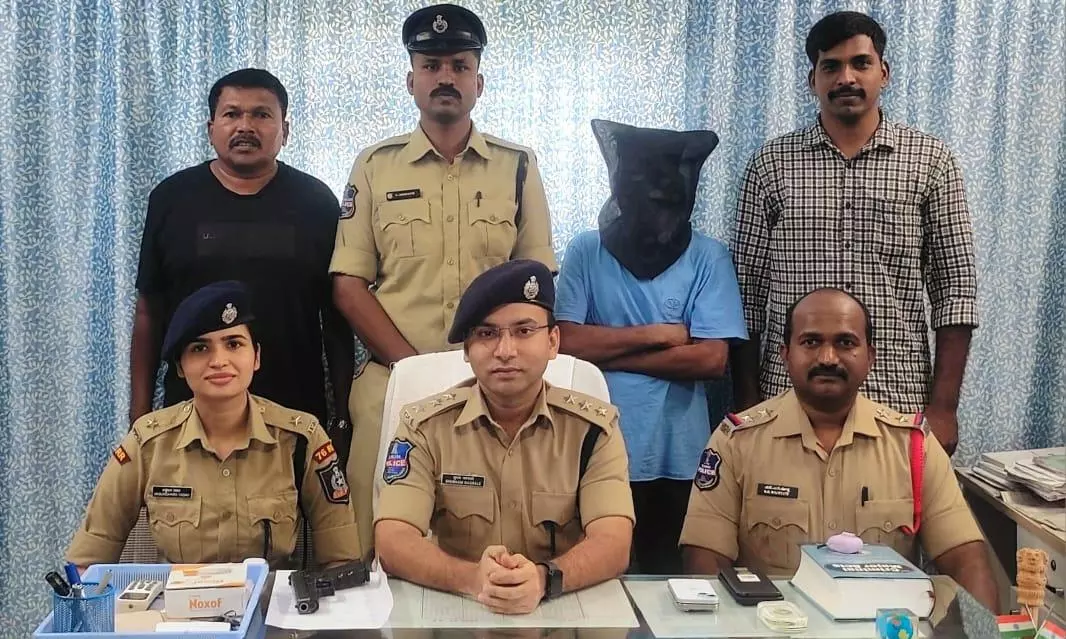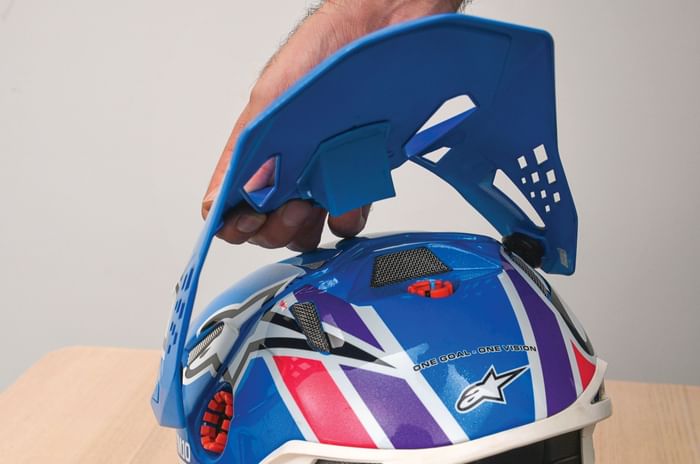Researchers in Nashik develop blood test to detect 30 different types of cancer
April 24, 2025 | Thursday | News
Study involves largest clinical trial of its kind in India

image credit- shutterstock
In a landmark advancement for global oncology, a multi-institutional research team led by Prof Dr Raj Nagarkar, Managing Director and Chief of Surgical Oncology & Robotic Services at HCG Manavata Cancer Centre (HCGMCC), Nashik, has developed a revolutionary blood test that can detect 30 different types of cancers including pancreatic, lung, and ovarian cancers across both genders, with an average accuracy of 98.4 per cent.
The pioneering study, recently published in Cancer Reports, is the largest clinical trial of its kind in India. It utilised a novel serum metabolome-based diagnostic platform powered by machine learning to identify distinct metabolic signatures associated with cancer.
The trial included 6,445 participants, with over 2,800 confirmed, treatment-naïve cancer patients across four stages of the disease. Remarkably, the platform showed consistent high sensitivity even in early-stage (Stage I/II) cancers, a feat rarely achieved by current diagnostic standards.
The model’s robustness was validated across multiple age groups, showing detection sensitivity consistently above 96 per cent across all demographics and cancer stages.
Unlike other multi-cancer early detection (MCED) tests that rely on detecting tumour DNA or cells that are often limited by low biomarker concentration, this test captures changes in metabolites, providing a more reliable and sensitive readout, especially for early-stage cancers. The serum samples were analysed using high-resolution mass spectrometry and the data was interpreted through a proprietary Cancer Detection Artificial Intelligence (CDAI) algorithm developed in collaboration with PredOmix Technologies.
“Currently, plans are underway to initiate larger, multi-centre clinical trials and eventually work toward commercial deployment. There are also on-going efforts to integrate tissue-of-origin prediction capabilities, which would further support physicians in initiating precise follow-up diagnostics and treatment strategies,” said Dr Nagarkar.























































